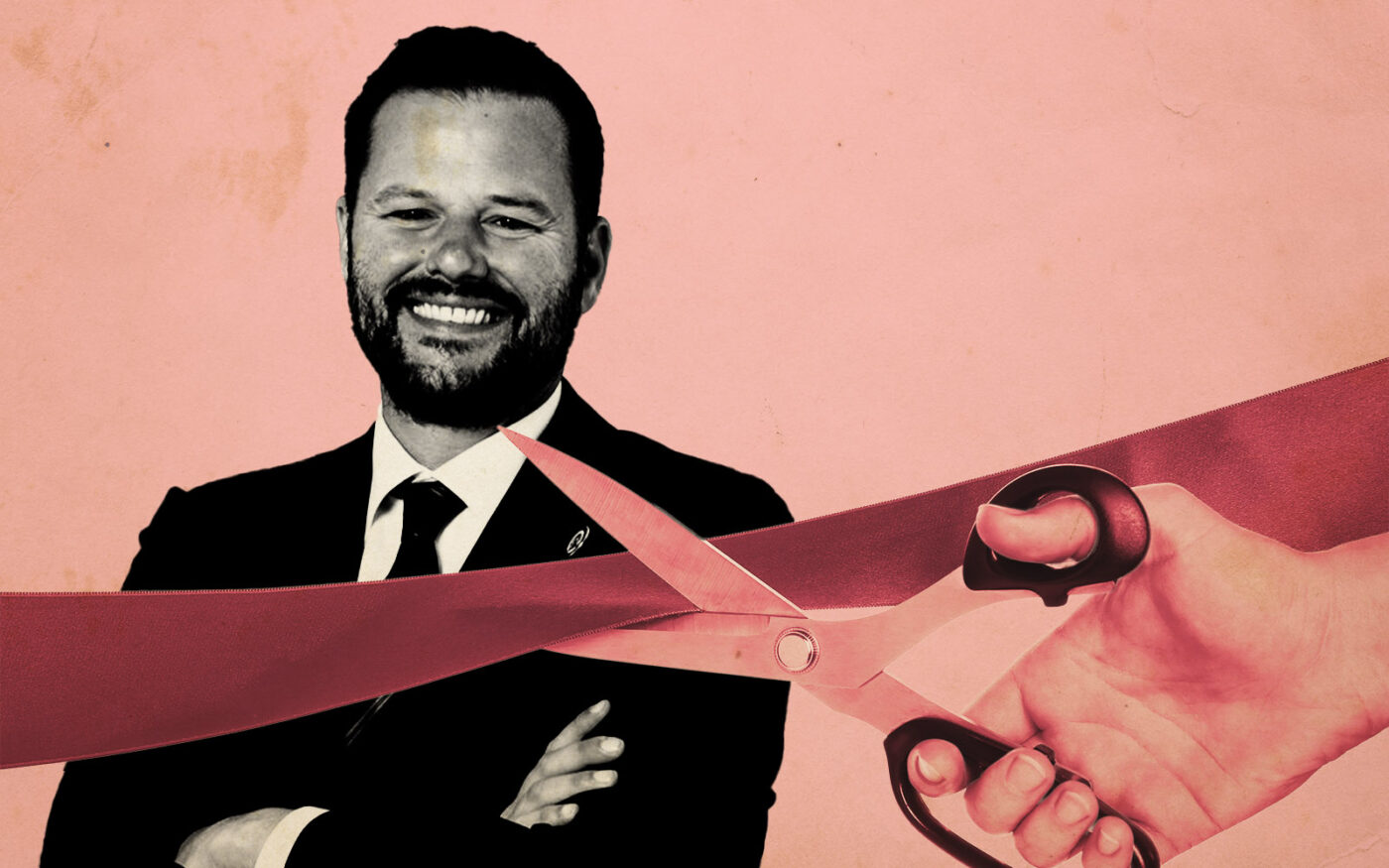Legislation that would end an only-in-San Francisco appeals process for projects that have already been entitled passed the state senate unanimously this week.
Assembly Member and former San Francisco Supervisor Matt Haney sponsored Assembly Bill 1114, which was supported by YIMBY groups such as Housing Action Coalition and The Bay Area Council, as well as State Senator and fellow former Supervisor Scott Wiener.
Haney did not immediately respond to a request for comment, but on X, formerly Twitter, he wrote: “Our bill to stop post entitlement housing appeals that have contributed to making San Francisco the slowest and most expensive city in California to build housing is on its way to the governor’s desk.”
In a Chronicle story from earlier this year, Haney likened the ability to appeal an already approved project to the bizarre custom of giving guests at a wedding the chance to object to it.
“Your crazy uncle doesn’t get to actually stop the wedding, but in this case they do,” Haney said. “Or at least you’re going to have to have a separate hearing where your uncle gets to present his case, and all the money you’ve spent on this fancy wedding goes to waste, and you have to invite everybody back six months later.”
The San Francisco Board of Appeals said it could not comment on what the impact of the legislation would be and whether or not it would speed up the development process as it “does not provide public comment or opinions on pending legislation.”
Post-entitlement appeals, which are only allowed in San Francisco and would have required a local vote to change the city’s charter if Haney had not taken it to the state level, can be filed against any type of permit. They are used on low-profile as well as controversial cases, such as Tenderloin Neighborhood Development’s plan to build 90 low-income units in the Sunset.
Even though the project is entitled, a neighborhood group appealed the demolition permit of the existing building on the site, which was ultimately denied. The group brought forth another appeal, this time of the construction permit. It was also denied but the added time and expense of the appeals, as well as a defeated lawsuit to stop the project, likely added $1 million to the cost of the approximately $100 million affordable housing project, according to the Mayor’s Office of Housing and Community Development.
“This obstructionism is unacceptable,” Mayor London Breed said of the appeals on the platform formerly known as Twitter. “This project must move forward and we need to reform our laws so we can build the homes we badly need.”
Read more



